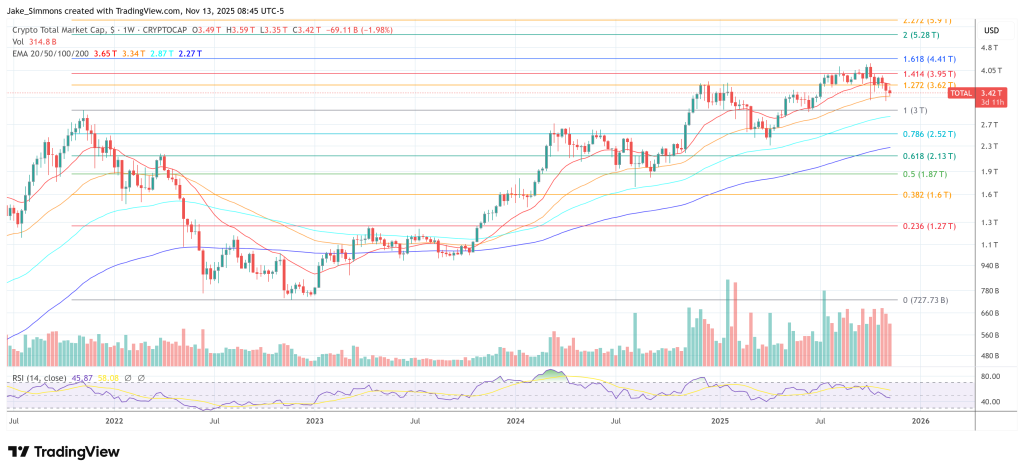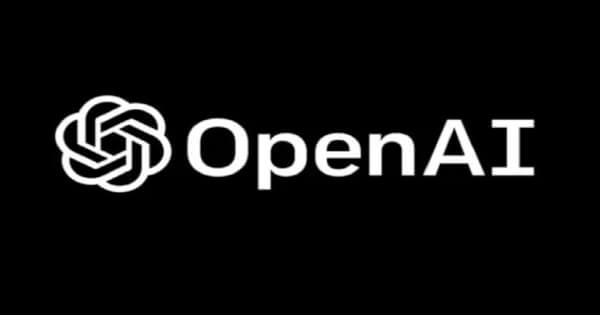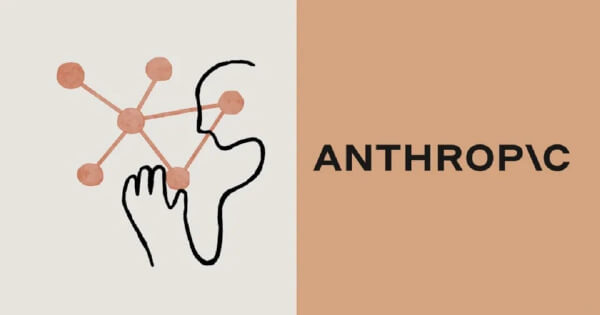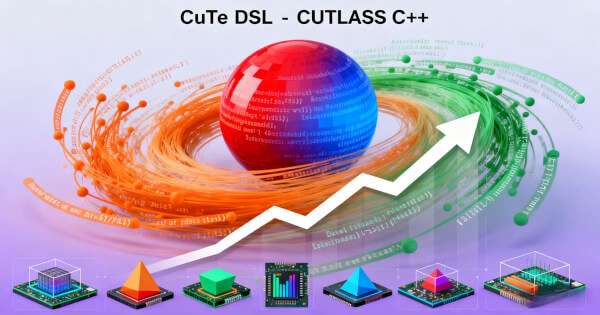 | To understand first we need a short primer of how Grayscale Bitcoin Trust (GBTC) works. You have two ways to investing GBTC. You can do so through a regular brokerage account equivalent to trading stocks. But you can also acquire GBTC shares by "depositing" shares into Bitcoin into the Trust and in return receiving GBTC shares. Fairly straightforward. But there's a bit of a catch. And a question. Who would you use Bitcoin to acquire shares in a Trust that gives you exposure to Bitcoin. It would be sort of like breaking down a house because you want to get bricks to build a house. Well, the first part is answered by the fact that GBTC is not a ETF. What this basically means is that the managers of GBTC cannot issue new shares. What that means is that: if someone wants to buy GBTC, they can only buy at whatever price someone else is willing to sell at, similar to regular stocks, even if this price is far below or above the price of Bitcoin. This is precisely why you often hear GBTC trades at a premium or discount to Bitcoin. With a proper Bitcoin ETF, the ETF manager could simply create(or destroy) shares to keep the price of each share in line with the price of Bitcoin. Going back to the original point, GBTC investors could deposit BTC into GBTC Trust in exchange for GBTC shares. They would do this because if GBTC was trading at a premium to BTC, they would basically making free infinite money. Basically, you buy BTC at say $100 and trade it for GBTC shares worth say $110, a 10% premium(profit) to Bitcoin. A la free money. **But there was a catch.**There's always a catch. Grayscale requires investors who trade BTC for GBTC to hold/lock up the shares for 6 months(now increased to 1 year) before they can sell. GBTC shares may be trading at a premium at that particular point in time, but there's no guarantee that they still will in 6 months. And that's exactly what happened to 3AC. You can see on the chart how prior to 2021 3AC were printing their infinite free money while GBTC traded at a premium. However, when the crypto boom of 2020 and 2021 fluttered out, that premium fell to a discount. This meant that much of they were suddenly making losses on their GBTC shares. Ordinarily, this wouldn't really be the massive problem it turned out to be except for one issue: leverage. Leverage, the bane of all traders, particularly the non-professional ones. Losses are fine as long as you don't owe anyone anything. But from the moment you do, all the profits the leverage was multiplying turned to losses that were multiplied. And so, 3AC faced many margin calls to pay back loans with money they did not have. The GBTC free money machine ended. And so did 3AC. Now, GBTC is owned by Digital Currency Group(DCG), and quite ironically Genesis is also owned by DCG. Genesis was incidentally one of the firms that lent money to 3AC with which they used to funnel back into another of DCG's companies which were a significant part of why 3AC crashed in the first place. 3AC reportedly had billions of dollars in GBTC shares which would have resulted in 15% losses by mid-2022, and that 15% is multiplied by some factor based on how much leverage they used. TLDR: Genesis(owned by DCG) lent tons to 3AC who invested in it in GBTC(also owned by DCG). GBTC shares fell in value causing 3AC to go bankrupt. 3AC then couldn't pay back Genesis. Thus, GBTC crashed 3AC and 3AC crashed Genesis. So DCG kind of robbed themselves sort of. [link] [comments] |

You can get bonuses upto $100 FREE BONUS when you:
💰 Install these recommended apps:
💲 SocialGood - 100% Crypto Back on Everyday Shopping
💲 xPortal - The DeFi For The Next Billion
💲 CryptoTab Browser - Lightweight, fast, and ready to mine!
💰 Register on these recommended exchanges:
🟡 Binance🟡 Bitfinex🟡 Bitmart🟡 Bittrex🟡 Bitget
🟡 CoinEx🟡 Crypto.com🟡 Gate.io🟡 Huobi🟡 Kucoin.



















Comments